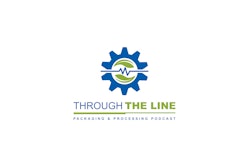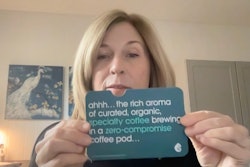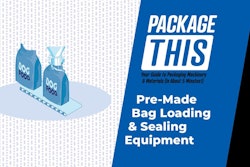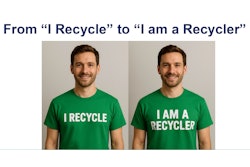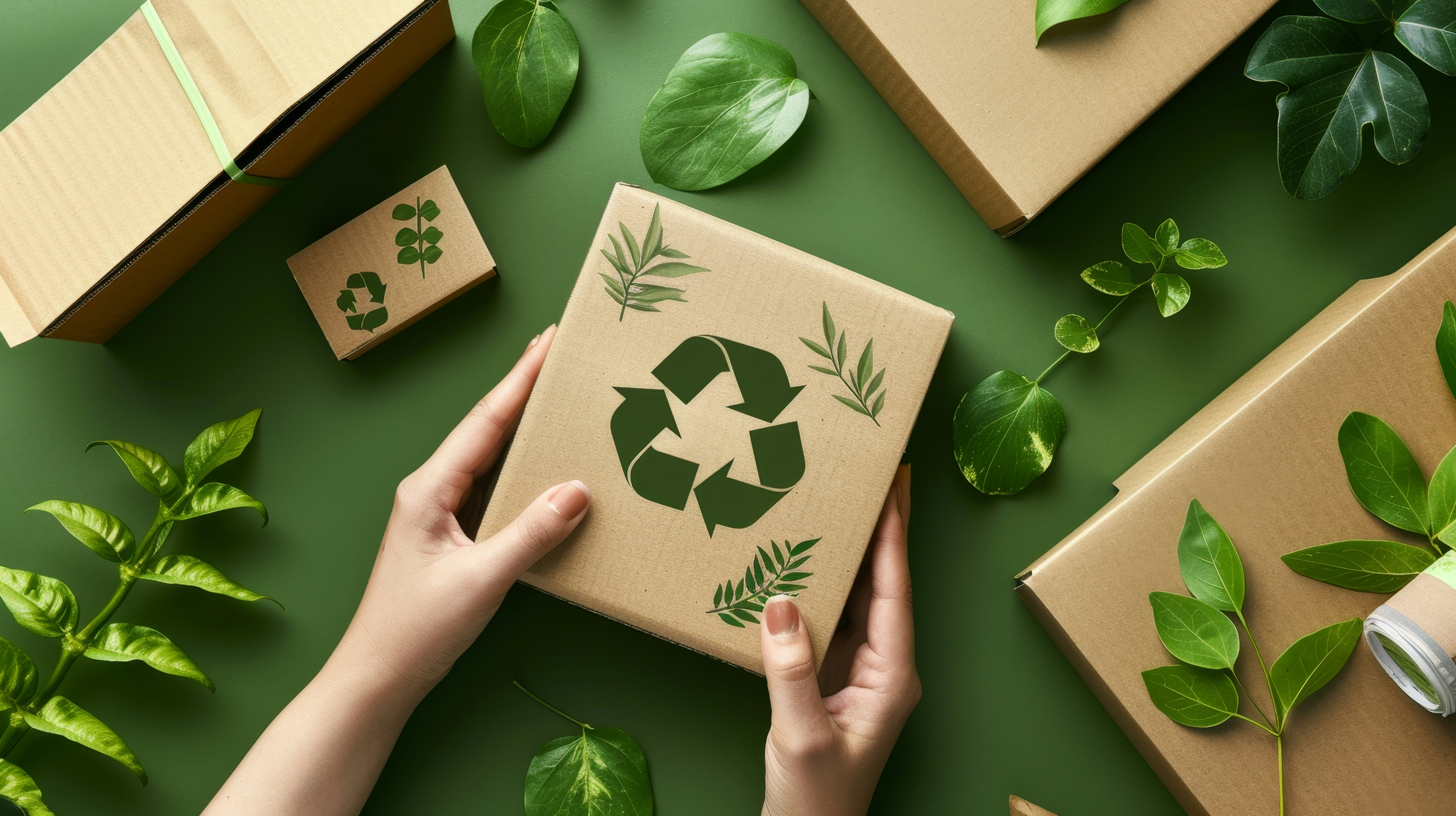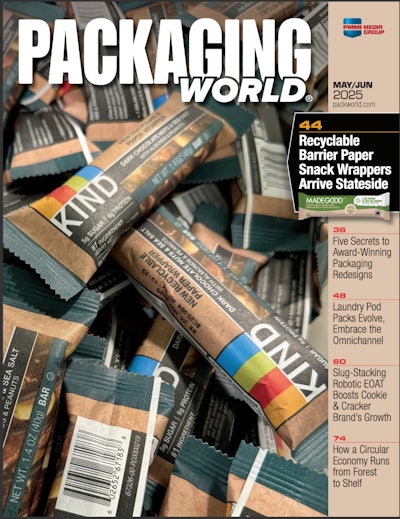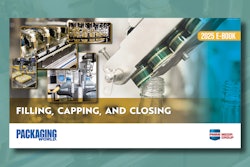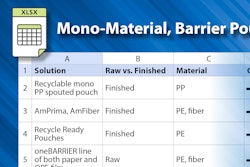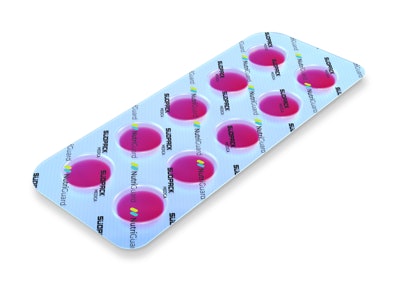
This content was written and submitted by the supplier. It has only been modified to comply with this publication’s space and style.
SÜDPACK Medica's NutriGuard is a polypropylene-based blister solution classified as recyclable, is designed for dietary supplements such as vitamins, minerals, proteins, and natural additives. It represents a greener option compared to conventional primary packaging made of PVC/PVdC/aluminum.
According to a survey conducted by Statista Consumer Insights, 75% of respondents in Germany report using dietary supplements. This puts the country in a leading position in Europe, alongside the UK and France. Other strong markets include the USA, Canada, Mexico, Brazil, South Africa, China, Japan, India, Australia, and the United Arab Emirates.
In the nutraceuticals sector—as in pharmaceuticals—non-recyclable PVC-aluminum blisters dominate. However, the Packaging and Packaging Waste Regulation (PPWR) is pushing dietary supplement manufacturers to consider recyclable alternatives. This is what SÜDPACK, a sustainability-focused film manufacturer, is trying to do. comes into play. Just like PharmaGuard—SÜDPACK’s blister concept developed for pharmaceutical applications—NutriGuard is a fully viable alternative for many use cases. It offers barrier properties, maximum aroma protection, equivalent push-through performance, high transparency, good printability, and efficient processing.
“Now is the right time to switch to a sustainable packaging solution”
SÜDPACK’s blister concept for nutraceuticals is primarily based on polypropylene (PP) and, as a mono-material solution, it can be integrated into existing recycling streams. Another sustainability benefit: By switching to recyclable packaging, manufacturers and packagers can take advantage of the Extended Producer Responsibility (EPR) fees now being introduced across the EU. These fees are based on environmental impact and recyclability and will be lower for sustainable solutions.
With experience in both food and pharmaceutical/medical packaging, SÜDPACK is the ideal partner for suppliers in this market. As Jürgen Bodenmüller, Business Development Director at SÜDPACK Medica, explains: “Nutraceuticals are essentially foods with medical or health benefits. We have in-depth knowledge of the regulations and requirements in this field.” Furthermore, thanks to SÜDPACK’s expertise in both mechanical and chemical recycling, the company can already offer its customers packaging materials with recycled content that meet the strict requirements for contact-sensitive products.
Features of NutriGuard:
It's transparency, which provides a clear view of the packaged product. Another challenge during product development—and one that SÜDPACK was able to overcome thanks to its compounding expertise—was achieving the right push-through performance for the lidding film. “We produce the compounds in-house, which allows us to adapt the recipes as needed,” said Jürgen Bodenmüller. “Soft capsules require a different mix than tablets or hard capsules. In addition, the barrier created by the lidding film must remain intact even after individual tablets are removed. The film should only break at the tablet’s position and not tear beyond that,” he said.
Depending on the product, the films can be equipped with water vapor barriers, but also with additional protective layers—for example, probiotic dietary supplements. The films also offer printability, including with recyclable, food-safe inks, and without requiring any surface treatment of the lidding film. A wide temperature window for thermoforming and sealing, along with low processing temperatures, are additional benefits that contribute to both easy handling and improved energy efficiency.




